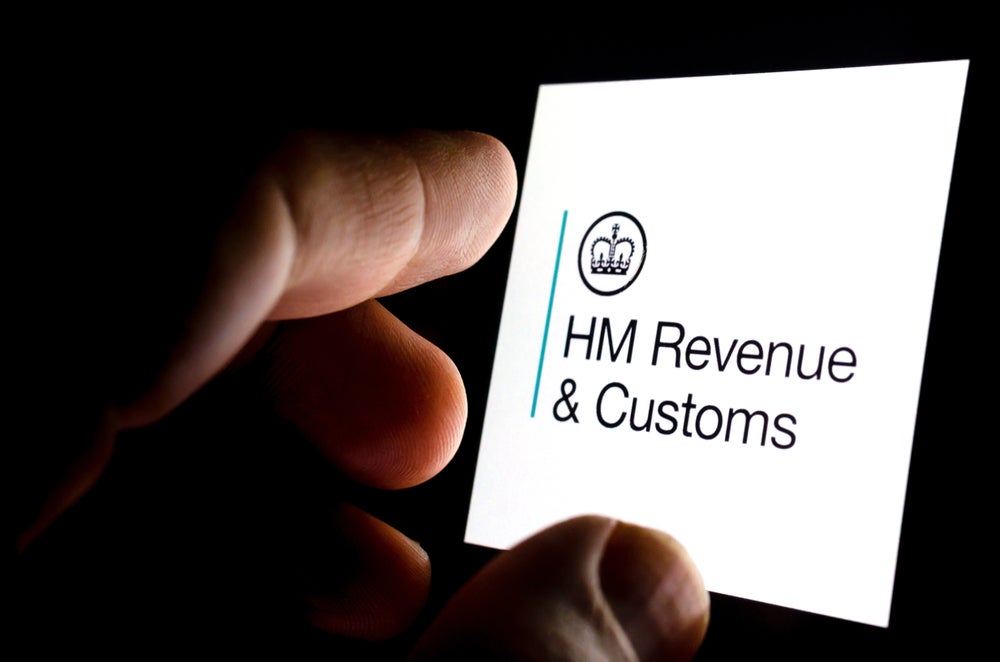In the lead-up to the 2009 opening of the Cambodian stock
exchange, the small southeast Asian nation is desperately in need
of audit regulation and legislation.
The auditing industry in Cambodia is in its infancy following
the turmoil of the Khmer Rouge. Regulations are an even more recent
development, and a major criticism has been the lack of oversight
and enforcement of auditing regulations. The impending opening of a
new stock exchange has refocused attention on implementing audit
regulation.
Skills shortage
Cambodia’s accounting and auditing industry is made up of just
75 licensed members of the Kampuchea Institute of Certified Public
Accountants and Auditors (KICPAA). Less than half are Cambodian
citizens, the others obtained their qualification outside
Cambodia.
“We don’t have enough people,” KICPAA president Key Kak says.
“Cost of education is one difficulty, but the basic education of
the country does not provide enough students who are qualified to
pursue the [Association of Chartered Certified Accountants]
syllabus.”
The auditing standard-setter in Cambodia is the National
Accounting Council (NAC). Prior to 2008, statutory audits were only
required for financial institutions and other public interest
entities. From this year, large companies satisfying two of three
criteria require a statutory audit. These criteria are annual
revenue exceeding KHR3 billion ($735,000), assets at the end of
2007 exceeded KHR2 billion and more than 100 staff as of 31
December 2007.
How well do you really know your competitors?
Access the most comprehensive Company Profiles on the market, powered by GlobalData. Save hours of research. Gain competitive edge.

Thank you!
Your download email will arrive shortly
Not ready to buy yet? Download a free sample
We are confident about the unique quality of our Company Profiles. However, we want you to make the most beneficial decision for your business, so we offer a free sample that you can download by submitting the below form
By GlobalDataHowever, there is little evidence this new requirement has had
any effect on the number of audits being undertaken. Companies are
more likely to undertake an audit on the request of their bank.
Kak believes stricter sanctions are required to encourage more
companies to follow the new rules.
This is a familiar theme in auditing regulation in Cambodia.
While the industry is developing, regulation intentions have not
yet crystallised into legislation. A 2007 World Bank report on
accounting and auditing in Cambodia cited inconsistencies in
legislation and the need to strengthen institutions as key issues
that must be addressed.
The lack of auditing oversight in Cambodia is one of the most
pressing issues, according to NAC chair and Under Secretary of
State at the Cambodian Ministry of Economy and Finance (MEF) Ngy
Tayi.
“Some parts [of the legislation] are not clear, particularly
regarding authority,” Tayi says.
Cambodian law does not state who is authorised to oversee
auditing and enforce accounting standards. An authority responsible
for oversight will be created following an anticipated
recommendation from the World Bank.
Tayi says new legislation will build confidence, which is a
constant issue in a country notorious for its lack of
accountability. In March this year, the government suspended
inflation reporting after January’s consumer price index figures
reached 19 percent. The government cited disagreements in
methodology as the reason for the suspension but critics claimed
the July election was the true motivation. In a country where
corruption invades all facets of life, there are inevitably doubts
about the accuracy of auditing.
Kak acknowledges gaining public confidence in Cambodia is
difficult, however, he notes that the most difficult part of
auditing in Cambodia is the lack of understanding of accounting
practices among businesses.
Another issue is that although ISAs have been adopted in
Cambodia, some businesses believe they can “shop around for
subjective auditors”, Kak says. Neither the NAC nor KICPAA have
received any complaints of auditor misconduct, but it is difficult
to gain meaning from this as nobody has the necessary authority to
oversee auditing practices.
However, Tayi says the new authority to oversee auditing will
have the power to revoke licenses or fine firms if they are not
conducting audits properly.
With Cambodia’s stock exchange planned to be launched in
September 2009, implementing these changes is becoming more urgent.
The opening of the stock exchange has been delayed twice already.
However, the required auditing oversight provisions are yet to be
implemented.
“All companies who wish to list on the stock exchange will be
required to be audited,” Tayi says.
KICPAA claim that they have not yet been approached by
representatives of the body setting up the stock exchange.
“We are expecting someone will come and ask us if we are ready
to cope with the work,” Kak says, adding quickly: “No auditors – no
stock exchange.”
John Boxsell






